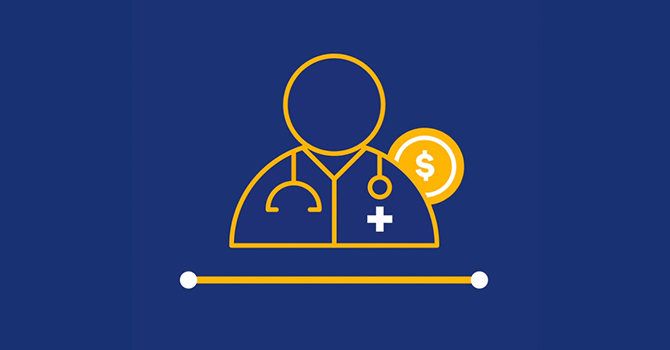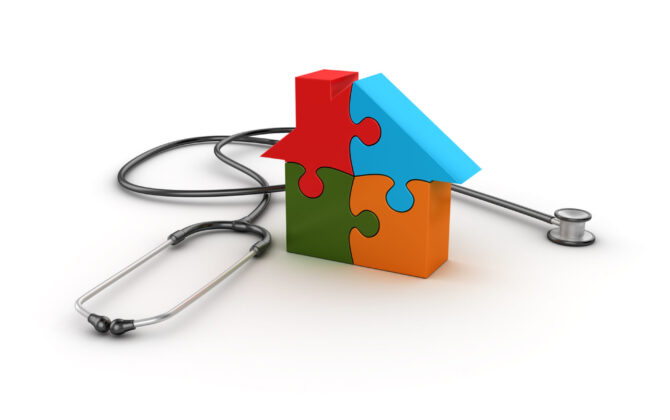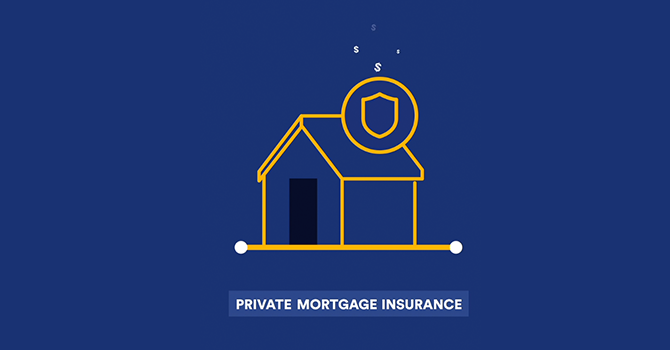Mortgages: Physician Loan vs. Conventional Loan
Wondering if a physician loan is right for you? Here's a look at the pros and cons of each type of loan, and what to keep in mind when making your decision.


If you’re a doctor pursuing home ownership, you may be wondering if you should get a physician loan or a conventional loan to purchase your home. Both types of mortgages have their pros and cons, so it can be tough to decide which one is right for you. Let’s look at the differences between physician loans, also known as physician mortgages, and conventional loans so that you can make an informed decision.
What is a physician mortgage and how does it work
A physician mortgage, or “doctor mortgage,” is a special type of mortgage designed specifically to help make home ownership accessible to physicians and dentists managing a large amount of medical student debt.
These loans may have fewer restrictions than conventional mortgages and recognize a lender’s trust in medical professionals’ creditworthiness and earning potential. With a conventional mortgage, if you are unable to put down 20%, then the lender will typically require private mortgage insurance (PMI). A physician mortgage may allow qualifying physicians and dentists to put down less than 20% down without requiring PMI. Offers may vary by lender.
How to qualify for a physician mortgage
Before you begin the mortgage process, you should also look at your overall financial picture, including several criteria that lenders will consider, such as your debt-to-income (DTI) and credit score.
Debt to income requirements
Debt-to-income (DTI) ratio is the percentage of your gross monthly income that goes to paying your monthly debt payments and is used by lenders to determine your risk as a borrower. Mortgage lenders typically seek ratios of no more than 43%, although some lenders may consider a higher DTI for doctors. In the case of physician mortgages, some lenders will calculate your DTI based on your monthly student loan repayment amount under an income-driven-repayment (IDR) plan, not your fully amortized loan payment. Learn more about how to pay down student loan debt here.
Income history
Income history, or lack thereof, can be a mitigating factor in qualifying for a mortgage. For a physician mortgage, doctors will likely need to provide documentation related to income such as:
- Employment contract/offer letter if accepted to a residency program
- 2 years of 1040 personal tax returns
- W2’s from your last two years of employment (if applicable)
- If practicing, two most recent pay stubs
Credit score
Your credit score can impact rates and loan terms and may ultimately affect the maximum loan amount offered by your lender. Learn more about managing your credit score and how it impacts getting a loan here.
What about PMI & closing costs?
One of the key differences between a physician mortgage and a conventional mortgage is the private mortgage insurance (PMI) requirement. With a conventional mortgage, if a buyer is unable to make a 20% down payment, lenders will typically protect themselves by requiring you to pay for PMI, in case you’re unable to make your payments. PMI is usually added to your monthly mortgage payment and typically costs between 0.6% to 1.9% of your loan amount annually, although a high credit score and/or rising property values in your area could help keep that cost on the lower end.
PMI can be a significant additional expense on top of your monthly mortgage payment. And the PMI requirement won’t go away until (1) you request, in writing, when you have reached the date when the principal balance of your mortgage is scheduled to fall to 80% of the original value of your home, (2) your principal balance is scheduled to reach 78% of your home’s original value, or (3) you reach the midpoint of your loan’s amortization schedule. With a physician or dentist mortgage, you may have loan options with no PMI required, making this type of mortgage potentially more affordable and accessible in the near term.
How to choose the best physician loan for you
So, how do you choose the best mortgage option for you? Here are a few tips:
- Figure out your budget. How much can you afford to borrow each month? This will help you narrow down your options.
- Consider your needs. Do you need a fixed rate or variable rate mortgage? Do you want a short or long term?
- Research different lenders. Each lender offers different products, so it’s important to compare their rates and terms before making a decision.
- Ask for advice. Talk to friends, family members or colleagues who have recently bought a home – they may have some great suggestions on doctor mortgages.
- Read the fine print. Make sure you understand all terms and conditions before signing anything – this includes late payment penalties, prepayment penalties, and any other fees that may apply.
By following these tips, you can find the right mortgage for your needs – and get on the road to homeownership.
Questions to ask your lender before you sign up for a physician loan
Before you sign up for a physician loan, get clear with your lender on these questions:
- What are the interest rates and terms of the loan?
- Are there any prepayment penalties or fees associated with the loan?
- How much can I borrow under this program, and what is the maximum purchase price for a home that I can buy with this loan amount?
- Can I use the loan to purchase a home in any location, or are there restrictions on where I can buy a property with this mortgage financing option?
- When amortization begins (immediately after closing or at some point in the future)?
In summary: physician loan vs conventional loan
For many physicians and dentists who are unable to save enough money for a down payment on a home due to high medical school debt, access to a physician loan can play a key role in achieving their financial goals. If you’re an eligible doctor interested in buying a home, a physician loan may help you achieve homeownership faster and more affordably than a conventional loan. Learn more about physician loans and how to apply here.
Don’t miss the latest financial resources.
This site is protected by reCAPTCHA and the Google Privacy Policy and Terms of Service apply.
Get tailored Laurel Road resources delivered to your inbox.
Search Results


